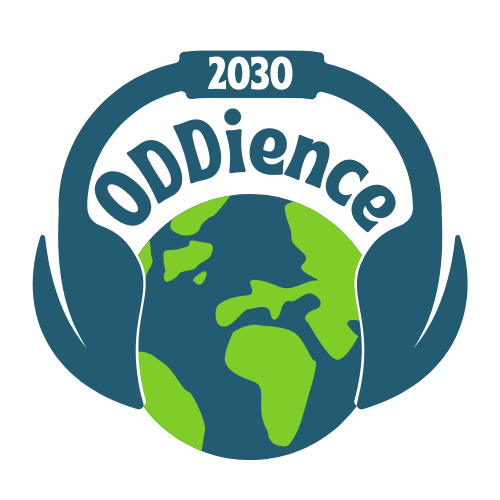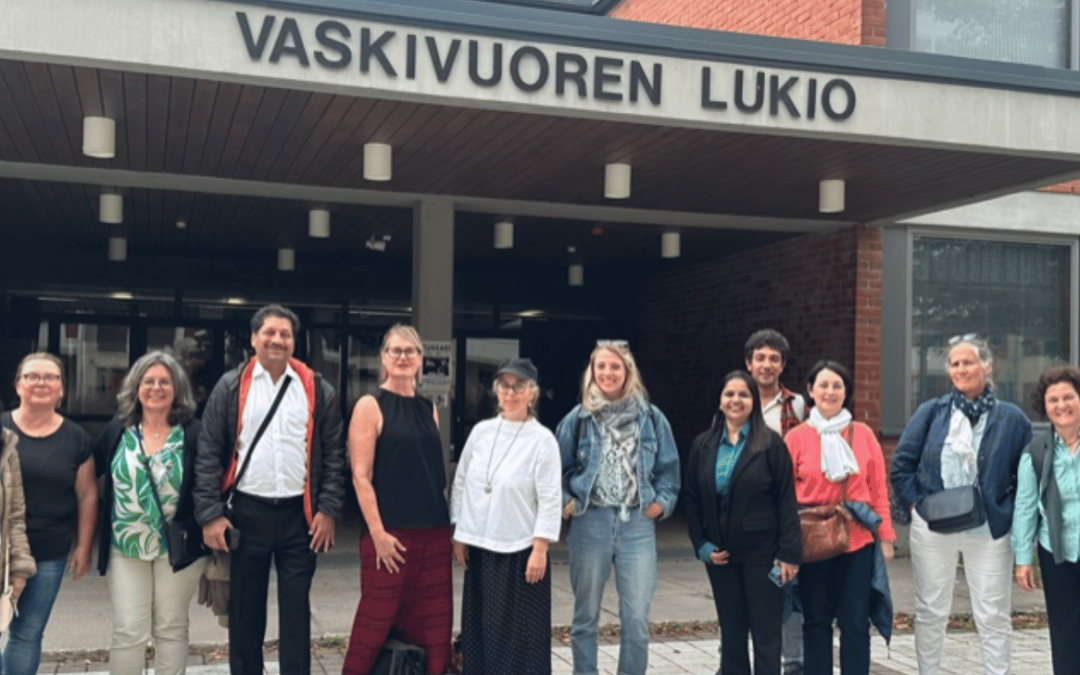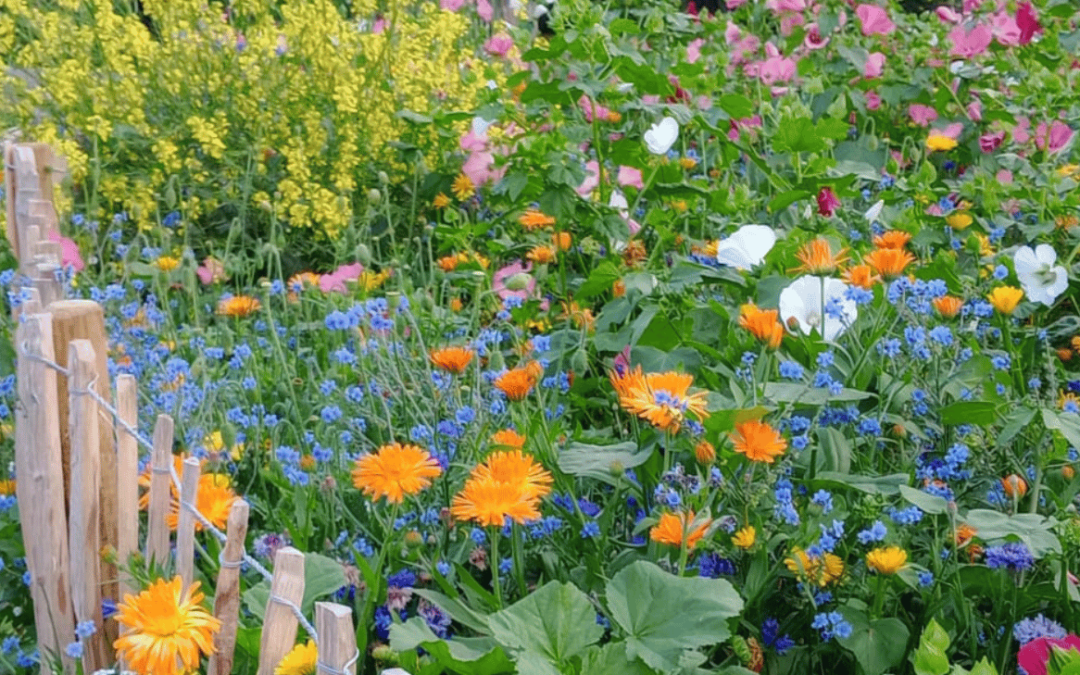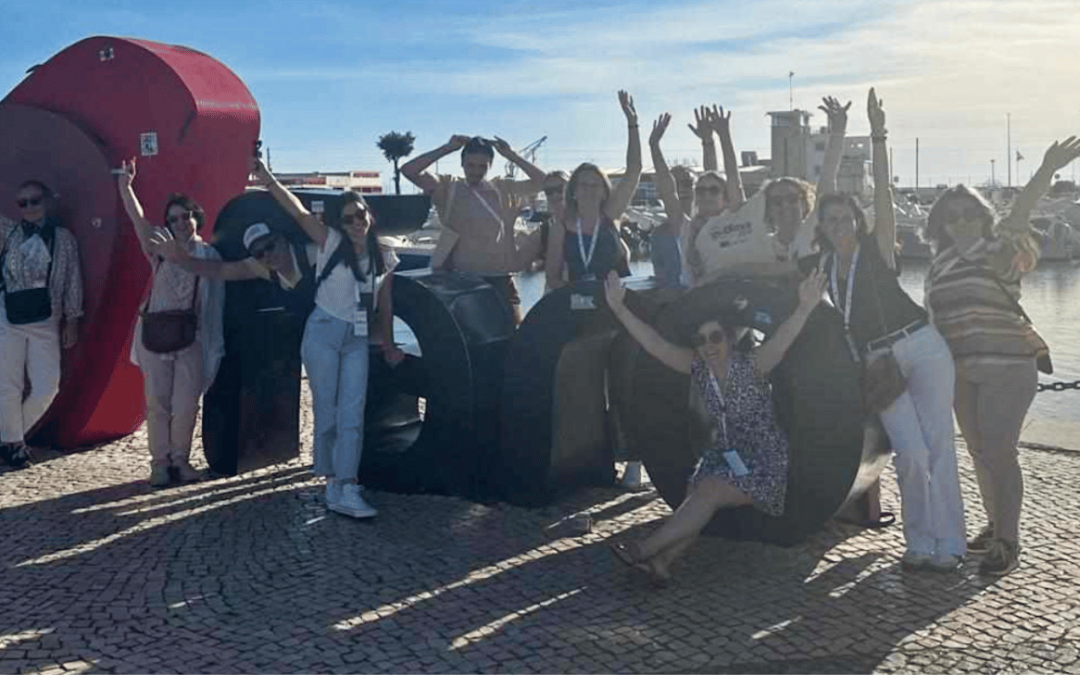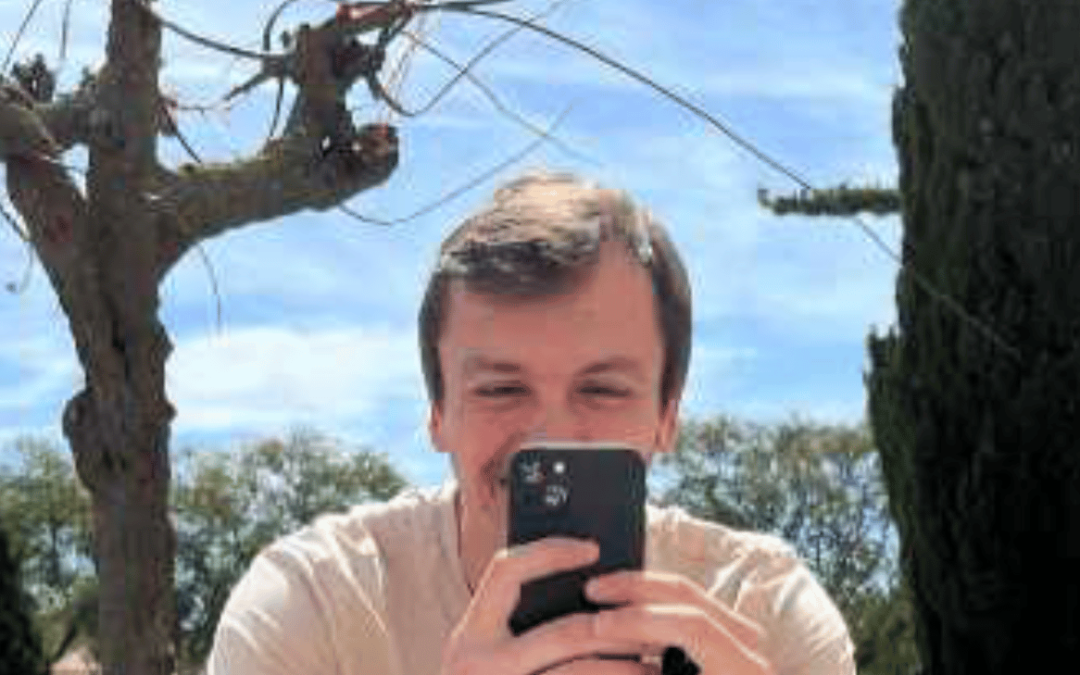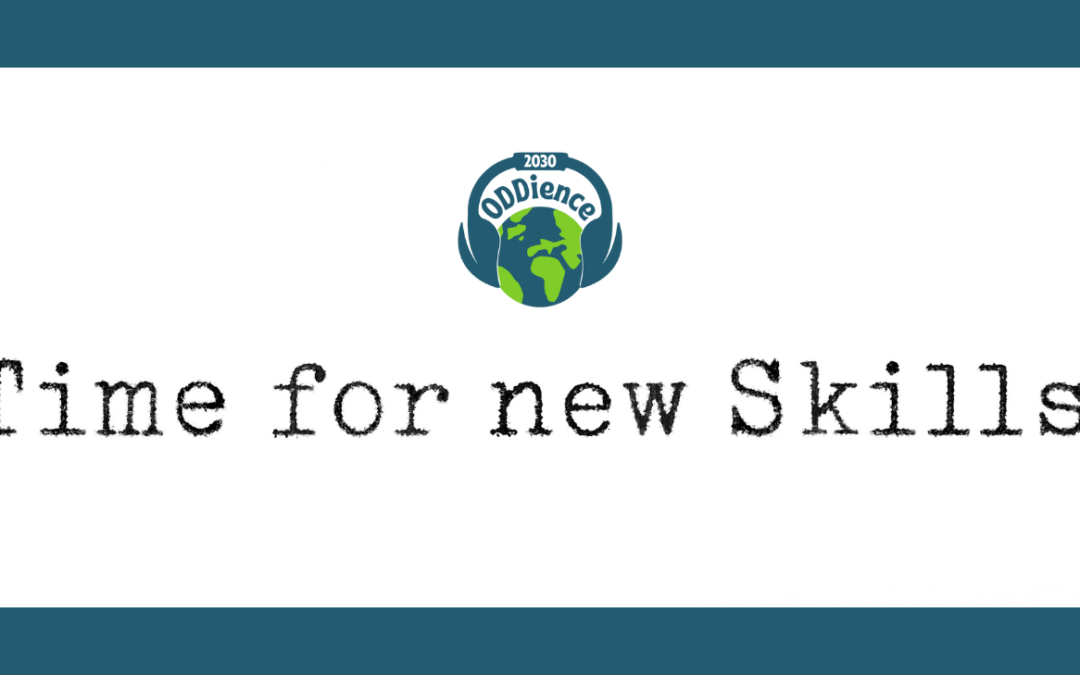
Oddience, un partenariat pour développer des compétences nouvelles
Par Lucile Boncompain, Les Couleurs de l’Education, conseil et formation
Oddience, un partenariat pour développer des compétences nouvelles
Apprentissage de la créativité et de l’esprit critique croisé avec le développement des connaissances en matière environnementale
La première originalité du projet Oddience tient de l’apprentissage de la créativité et de l’esprit critique croisé avec le développement des connaissances en matière environnementale. Il s’agit d’une formation à plusieurs entrées de contenus (environnement et « soft skills ») et nécessitant plusieurs approches de formation.
Prises indépendamment,
- Les connaissances en matière environnementale pourraient se développer de manière transmissive – à l’appui de rapports scientifiques, de la fréquentation et de l’imprégnation en milieu naturel, d’apports sur supports variés et progressifs.
- ⇒ La preuve du développement des compétences environnementales pourrait rester interne et individuelle (augmentation des connaissances, du niveau des sujets traités et des questions abordées)
- La créativité et l’esprit critique – que certains pourraient encore penser relevant de l’inné et par conséquent peu chercher à les former – peuvent se développer de manière expérimentale.
- ⇒ La preuve du développement de ces « soft skills », ou compétences psycho-sociales, émotionnelles et comportementales, selon les traductions, tient de l’évolution du comportement ou de la capacité à se comporter.
Concevoir leur enseignement à l’aide des grilles d’évaluation
En reliant les deux types de compétences dans le même projet, en termes de formation, Oddience s’est donné pour but indirect l’exploration d’une modalité de formation mixte et impliquante :
- Mixte, par le va-et-vient entre les apports scientifiques en connaissances sur l’environnement et l’exploration sensorielle et émotionnelle de la créativité et de l’esprit critique.
- Impliquante, par le fait qu’à la suite d’une première phase de découverte, les équipes passent à la mise en pratique d’enseignement et qu’elle ne peut se faire sans mesure parallèle de l’impact sur le comportement des apprenants.
C’est là, la deuxième originalité du projet Oddience. Il s’agit d’amener les partenaires et les enseignants des établissements scolaires à concevoir leur enseignement à l’aide des grilles d’évaluation et d’avancer en crabe en quelque sorte, en faisant évoluer les grilles d’évaluation au fur et à mesure de leur enseignement et vice versa.
Les étapes sont habilement coordonnées
En synthèse, l’ingénierie du projet Oddience allie les divers ingrédients nécessaires à la formation des enseignants : des apports scientifiques (sur l’environnement), la mise en pratique, l’expérimentation (séances avec les élèves), la collaboration, l’évaluation – la mesure d’impacts (en termes de créativité et d’esprit critique).
Traditionnellement, ces étapes se déroulent de façon linéaire et l’évaluation vient sanctionner la réussite des objectifs fixés au départ.
Dans le projet Oddience, les étapes sont habilement coordonnées. Elles s’interpellent pour se nourrir et s’enrichir. Il ne s’agit pas non plus d’une démarche circulaire à la manière d’une recherche action. Il s’agit plutôt d’un éco-système apprenant qui devrait arriver à faire aboutir en dernière année à la fois les compétences environnementales, les comportements créatifs et les esprits critiques et des grilles de compétences.
